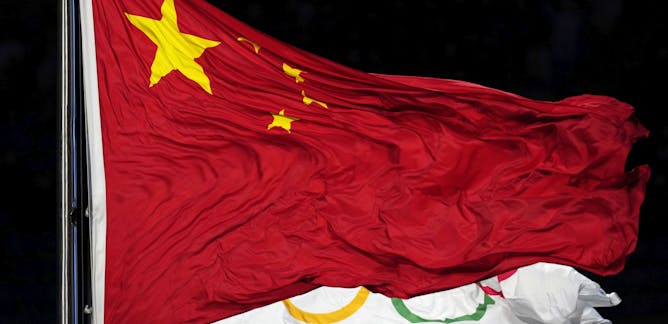
Articles on Anti-doping
Displaying 1 - 20 of 27 articles

The World Anti-Doping Agency stands by its handling of the allegations. So, why have some in the media and in the US been so quick to point the finger at China?

It’s important for all athletes, and for trust in the anti-doping system, that the validity of the EPO test and the interpretation of the analysis can be transparently relied on.

Athletes can have a ban reduced from four to two years if they can establish an anti-doping rule violation was not intentional. This is the key point in Jack’s case.

Kids want to play sports again, and who can blame them? An exercise scientist and physiologist explains why adhering to safety protocols is imperative.

Following the Chinese swimmer’s eight-year ban, FINA must examine its governance and follow the example set by athletics and tennis to investigate and prosecute doping.

Why swimmers are protesting against China’s Sun Yang at the World Championships.

Whistleblowing on doping can and does have life-altering implications for athletes – new research.

Conditional superannuation which can we withdrawn years after bankers retire might be the best way to get them to do the right thing.

The decision by the World Anti-Doping Agency to lift its ban on Russia’s drug testing has set off another controversy about whether there will ever be a level playing field in the world of sports.

Anti-doping laboratories have historically worked well, but the anti-doping organisations themselves lack oversight.

By using her public profile to suggest bias in drug-testing, Williams is calling into question the integrity of those tasked with the role of monitoring ‘clean sport’.

We need a radical solution to clean up doping in elite sport.

Nearly 50% of cross-country skiers suffer from exercise-induced asthma.

The politics of Russia’s Olympic doping ban.

There are concerns that performance-enhancing drug use is quickly becoming a public health crisis.

After a doping ban, the famous sportswoman has been given an underserved break.

The US sprinter, twice banned after failed drug tests, felt the force of public opinion as he won the 100 metres final at the World Athletics Championship. But is it time to start trusting athletes?

The use of nicotine in sports is on the rise, but there is little research investigating whether it has any effect on performance or could pose a health risk.

Doping whistleblowers can face serious negative consequences including threats on their lives.

One of Bolt’s 4 x 100m team mates has tested positive for a banned substance – costing Bolt one of his gold medals.
